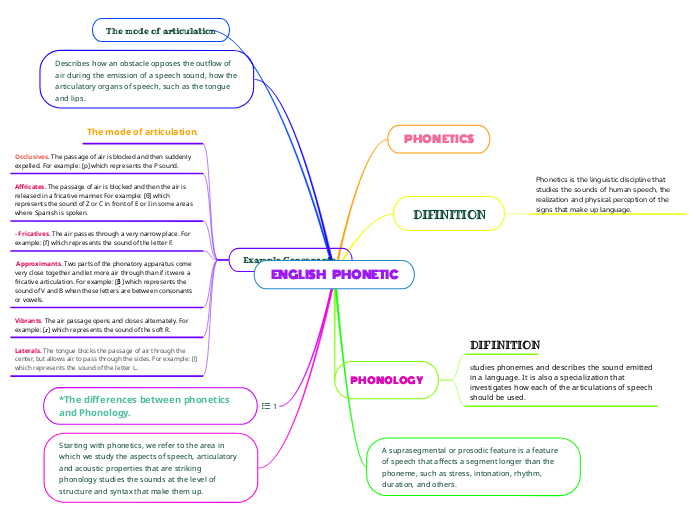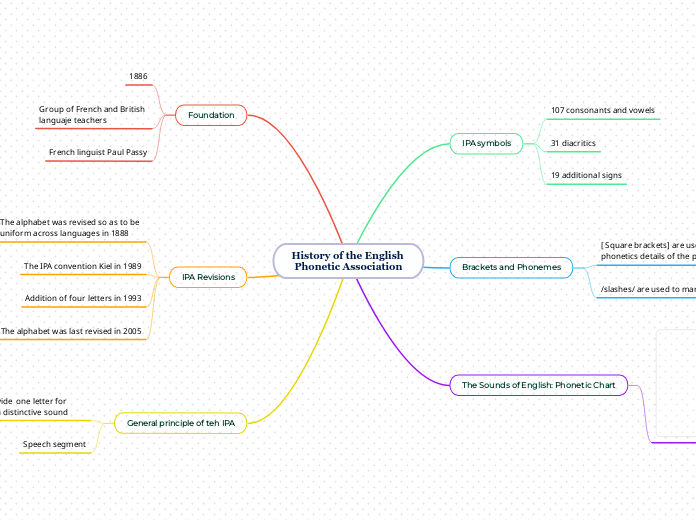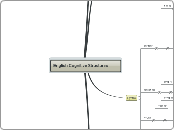af Adriana Estupiñan 2 år siden
289
ENGLISH PHONETIC
Phonetics and phonology are two branches of linguistics that focus on different aspects of speech sounds. Phonetics is concerned with the physical production and acoustic properties of speech sounds, examining how sounds are articulated by the tongue, lips, and other speech organs.









